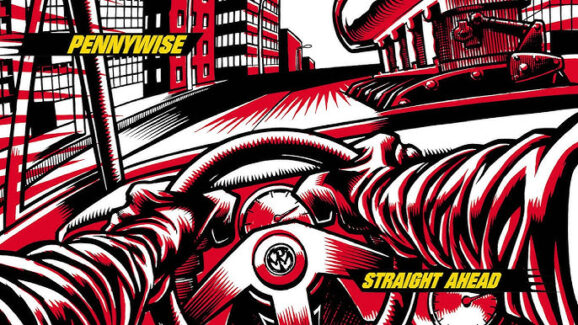Legalize It: Music and File Sharing
Independent artist Ryan Holiday considers himself a music business survivor after releasing more than 10 albums and EPs both as a solo artist and with his former band In Between Blue. For his latest project, Ryan has teamed up with his wife to write a musical. He’s also busy singing with jazz pianist Fred Hersch, writing a new album and rehearsing a “Stereolabesque” project, yet he’s found some time to bitch and moan about file sharing…
Eyes down round and round let’s all sit and watch the moneygoround
Everyone take a little bit here and a little bit there
Do they all deserve money from a song that they’ve never heard
They don’t know the tune and they don’t know the words
But they don’t give a damn
There’s no end to it I’m in a pit and I’m stuck in it
The money goes round and around and around– The Kinks
Trent Reznor, singer and songwriter of the band Nine Inch Nails, states on his website that “Music IS free whether you want to believe that or not. Every piece of music you can think of is available free right now a click away.” In 1999 Napster revolutionized what is called peer-to-peer file sharing. File sharing occurs in networks which allow individuals to share, search for, and download music files from one another, all for free. The popularity of file sharing has practically destroyed the conventional music industry. Once there were six major record labels dominating the U. S. market. Since 2001, that number has shrunken to four, and file sharing technology has evolved so rapidly that the remaining record companies can’t keep up with the exchange of music. The next logical step, then, is to legalize it.
Although the phrase “legalize it” is more often associated with marijuana use than with file sharing, people can’t be stopped from smoking pot in their homes just like they can’t be dissuaded from swapping music files on their personal computers. According to an article by Sarah Reidel, Napster was “cobbled together by a scruffy-haired high school dropout named Shawn Fanning in the summer of 1999.” As with many internet-based applications, Napster was never intended to operate as it did. In her article, Riedel writes that Fanning’s program, written for himself and his friends, spread to 15,000 users in as little as a week. By 2001, billions worldwide had discovered P2P file sharing. This prompted the Recording Industry Association of America to file lawsuits claiming that Napster was “facilitating the free trade of ‘illicit’ music files [which] amounted to a violation of copyright law.” After years of litigation, the RIAA was able to shut Napster down but by then it was too late: filesharing had become more popular than ever.
READ ON for more of Ryan’s essay on Music and File Sharing in 2010…









